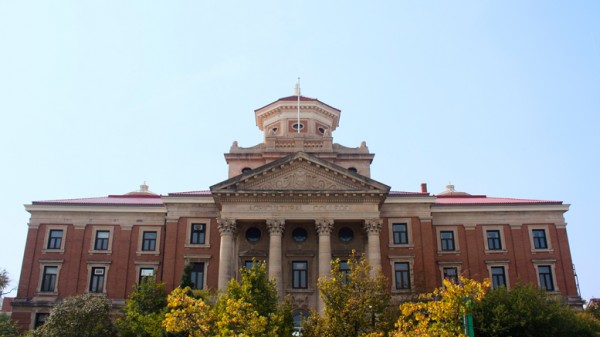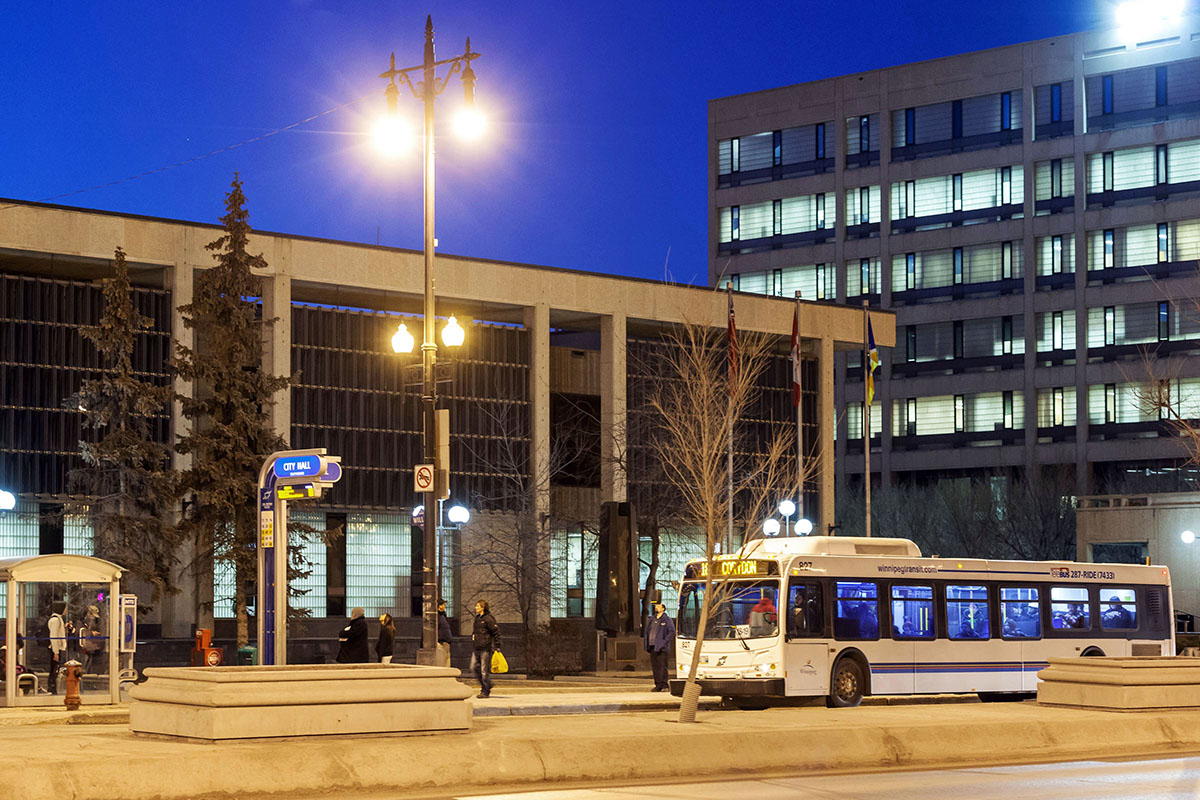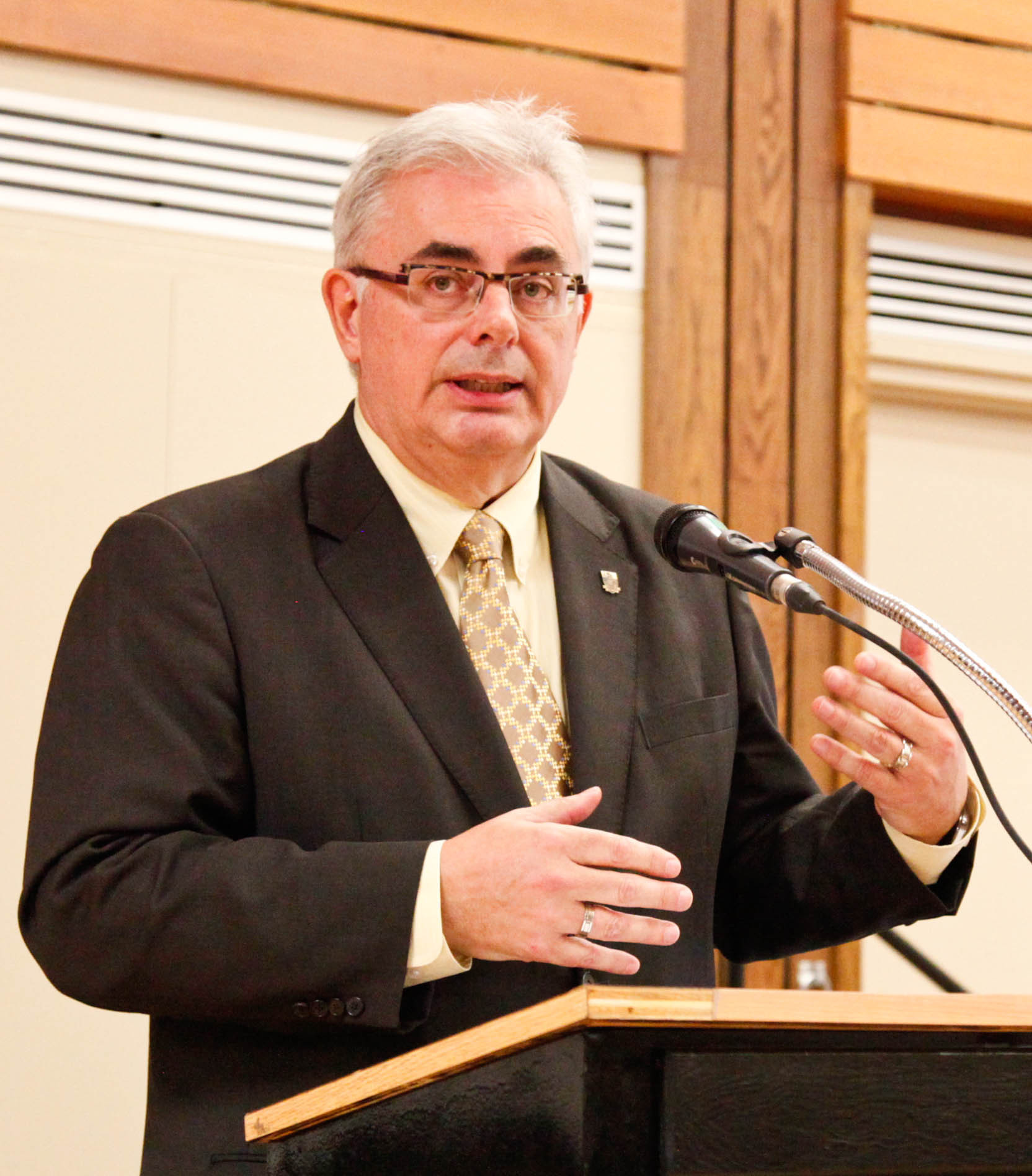This semester in STEM faculties, remote classes are posing challenges for educators and students when it comes to what is typically hands-on learning.
The deans of the faculties of science, environment and agricultural and food sciences say their primary goals are to ensure that the courses maintain their academic integrity and that students’ graduations are delayed as little as possible.
“We want all the students to get out of those courses, as much as is possible, the normal learning outcomes,” said Martin Scanlon, dean of the faculty of agricultural and food sciences.
To allow for that across all departments, Stefi Baum, dean of the faculty of science, said several lab courses in the faculty have been modified for online learning, with two or three on-campus labs so students acquire “necessary skill sets” for their degree programs.
According to Baum, courses held in-person for the fall semester were chosen by determining which could only achieve the educational outcomes on-campus and which could be conducted according to COVID-19 safety requirements.
Classes with what Scanlon called “essential in-person components” have been either postponed to the extended fall term from Jan. 5 to 15 or cancelled altogether for the year.
In the faculty of environment, earth and resources, acting dean Andrew Frederiksen said they have had less difficulty moving courses in the department of environment and geography online, but in geological sciences, a few courses have been cancelled.
A modified schedule for “essential courses” in the department with specific technological needs aims to keep one class at a time in the Wallace building for lab work.
Frederiksen said the courses dropped are “nothing that’s actually a required course for a program and nothing that will delay a student’s graduation.”
The biggest losses for the department, he said, are the cancellations of required field courses that would normally be conducted in the spring semester. Students with those requirements unfulfilled will have their graduation delayed.
Frederiksen remains hopeful that the field classes will be able to run in the spring of 2021.
“We’re keeping things going and just dealing with the situation as it changes on us.”
He said that in geological science programs, degree programs are designed to fit requirements for professional registration under Engineers Geoscientists Manitoba, requirements that dictate which courses must be present, and that those requirements include having taken a field course during their postsecondary studies.
In the faculty of agricultural and food sciences, Scanlon said his priority is that students gain the manual skills needed for practical application in their fields. Because of this, the faculty has needed to cancel one class based in a greenhouse due to the necessity of the environment and the inability to properly socially distance.
In all three faculties, graduate students are still able to continue their research. Labs are running under strict social distancing guidelines, and students have been asked to conduct most work from home.
Students in the faculty of agricultural and food sciences are encouraged to work on their theses from home rather than lab work, Scanlon said.
In the faculty of science, Baum reports higher undergraduate enrolment than before.
She said since classes have moved online, the faculty has been able to accommodate more students.
“We’re putting on more course sections and increasing caps on things, so, in some ways, because we’re not restricted by physical space in a classroom […] we can accommodate more students through this remote approach.
“So, if it works then, at least for science, for this year, we should be OK.”





